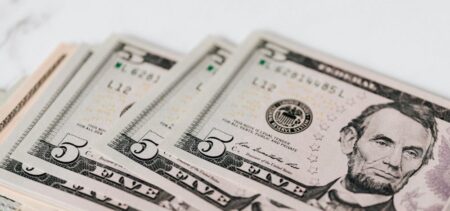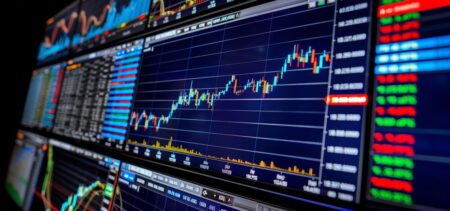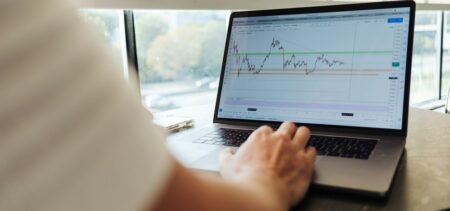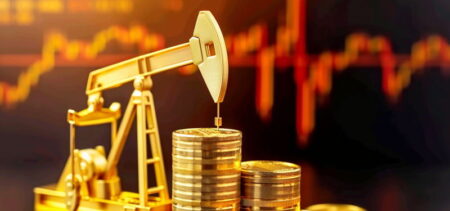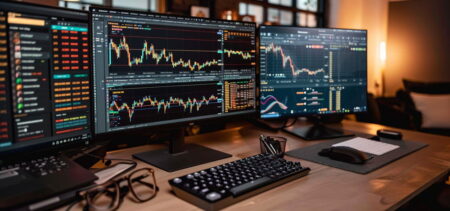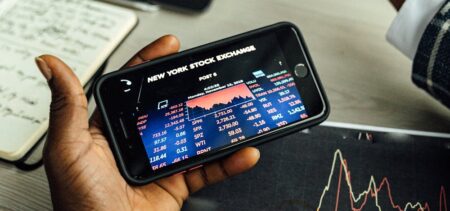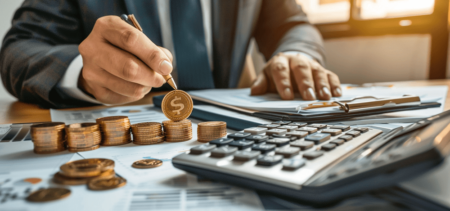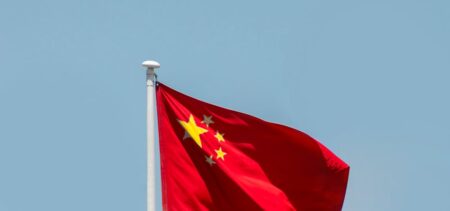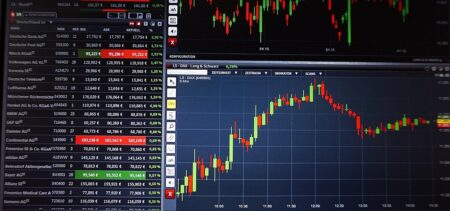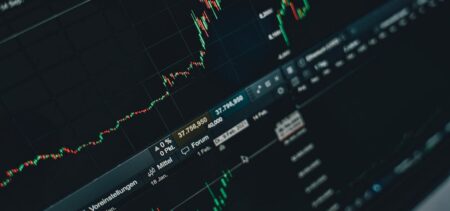Almost two years have passed since the beginning of the COVID-19 pandemic that took the world by storm. With vaccines and treatments now widely available, many are expecting the world economy to finally return to normal in 2022. However, economists around the world are now concerned about what seems to be an uneven rebound from the crisis, with demand growth exceeding supply growth and inflation rising quickly in many countries around the world. While inflation rates continue to rise above the highest levels in recent years, other problems are also plaguing different economies around the world.
According to a recent S&P Global Ratings analysis, while the economic impact of the COVID-19 pandemic is currently dropping, the new Omicron variant of the virus might become a new threat to the economy. Concerns about other new strains of the virus are also on the rise, as some of these new variants might prove to be resistant to vaccines and treatments. Even more, diplomatic relations between the US and China on one hand, and the US and Russia – on another, seem to be at a low, creating even more uncertainty for investors and businesses everywhere. While the global economy is expected to go through a robust but uneven recovery in 2022, multiple economic risks are now menacing that rebound.
Inflation is rising
US inflation already hit the highest level since 1982, as prices have increased month after month across many industries, including gas, food, cars, and housing. According to some experts, the Biden Administration spending plans, designed to offer support during the COVID-19 pandemic, might have been one of the causes that ultimately led to price increases across different sectors. Economists are still debating if the current inflation rate is temporary and might eventually lower, or if the phenomenon is persistent and will ultimately require a prompt response. For now, President Joe Biden remains optimistic and says that the inflation rate has reached its peak and that prices in some sectors have already started to drop.
Unlike President Biden, former Treasury Secretary Lawrence Summers seems worried that US policymakers might have unwillingly added new reasons for rising inflation rates of 4% or higher by allowing the economy to overheat. Moreover, Summers does not believe the current inflation rate is transitory and actually points to long-term inflation issues in 2022.
The effects of the Omicron variant
Uncertainties have negative effects on economies, and the COVID-19 pandemic is no exception to this rule. Although vaccines and treatments have brought a sense of stability to the market, the recent emergence of the Omicron variant has fueled new worries. According to Eric S. Maskin, professor of mathematics and economics at Harvard University, the most important things to consider when talking about the effects the Omicron variant might have on the US economy are virulence and transmissibility of the strain and how effective vaccines will ultimately prove against it. Maskin goes on to explain that Omicron may turn out to be less troubling than initially expected, which may also make this new variant less disruptive to the economy.
Even though the Omicron variant may ultimately prove to be less of a threat to the global economy than initially estimated, the COVID-19 pandemic remains troubling. After all, as new variants continue to emerge in different countries around the world, new worries also start to appear.
Diplomatic relations
While inflation and the emergence of the Omicron variant are currently the biggest issues to consider when speaking about the future, problematic diplomatic relations might also cause an economic slowdown. Worsening US-China ties are among the first to consider, especially as the Chinese Foreign Minister Wang Yi recently declared that the world’s most populous country would not fear confrontation with the US. Relations between the two countries seem to be at a low because of opposing views on the origin of the COVID-19 pandemic, future commercial ties, human rights, and China’s increasing military pressure on Taiwan.
Diplomatic relations between the US and Russia are also problematic, as President Joe Biden recently told Vladimir Putin to pull back its troops from the Ukrainian border, warning that a Russian invasion would be met with “strong economic and other measures.”
Although the COVID-19 pandemic continues to disrupt the lives of millions across the world, with vaccination rates now rising, the global economy is also experiencing a robust but unbalanced recovery. However, numerous issues might still disrupt this recovery in 2022 and beyond. For now, the top economic risks are inflation, the emergence of new variants of the virus, and worsening diplomatic relations between the most powerful nations in the world.






